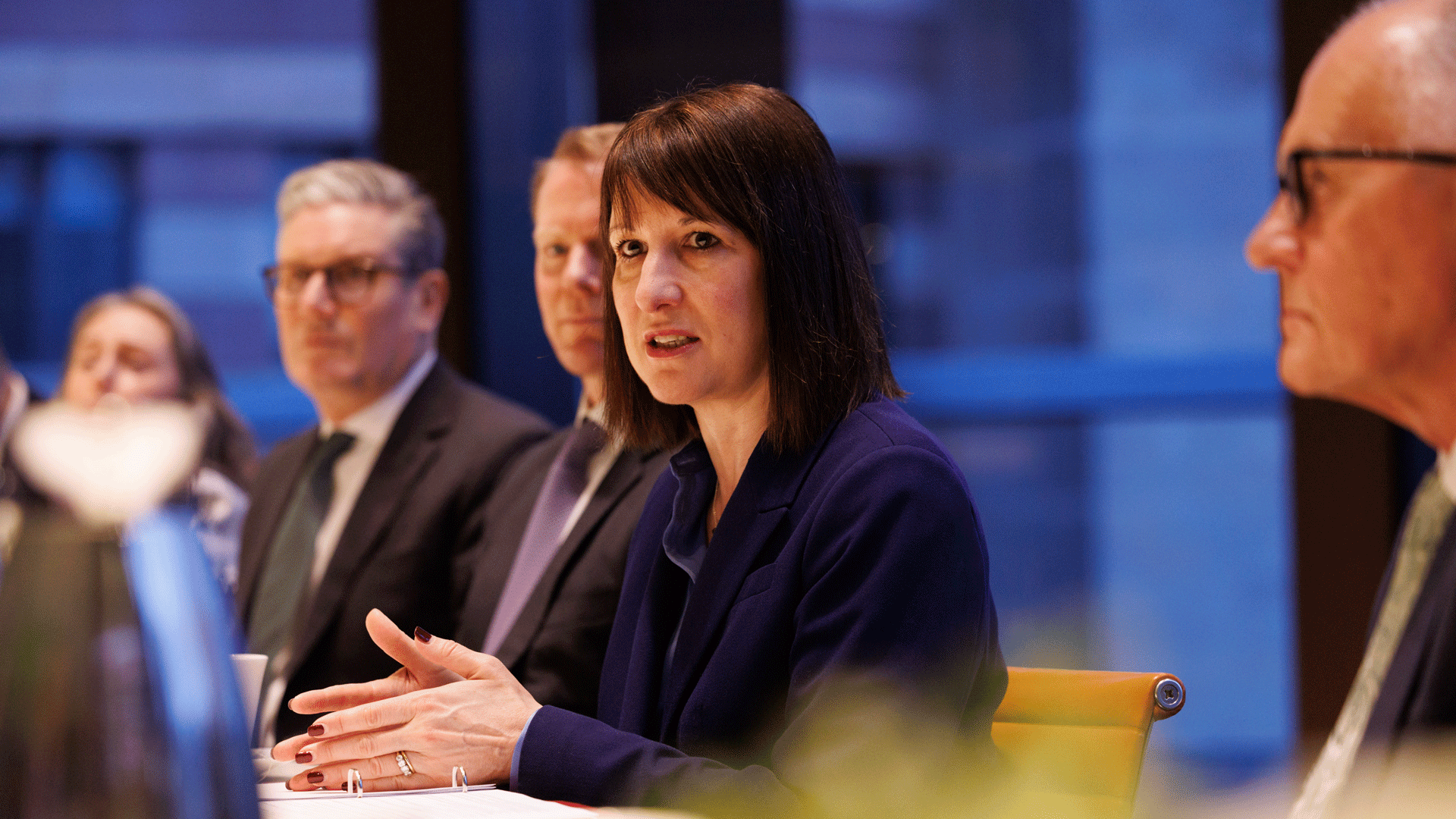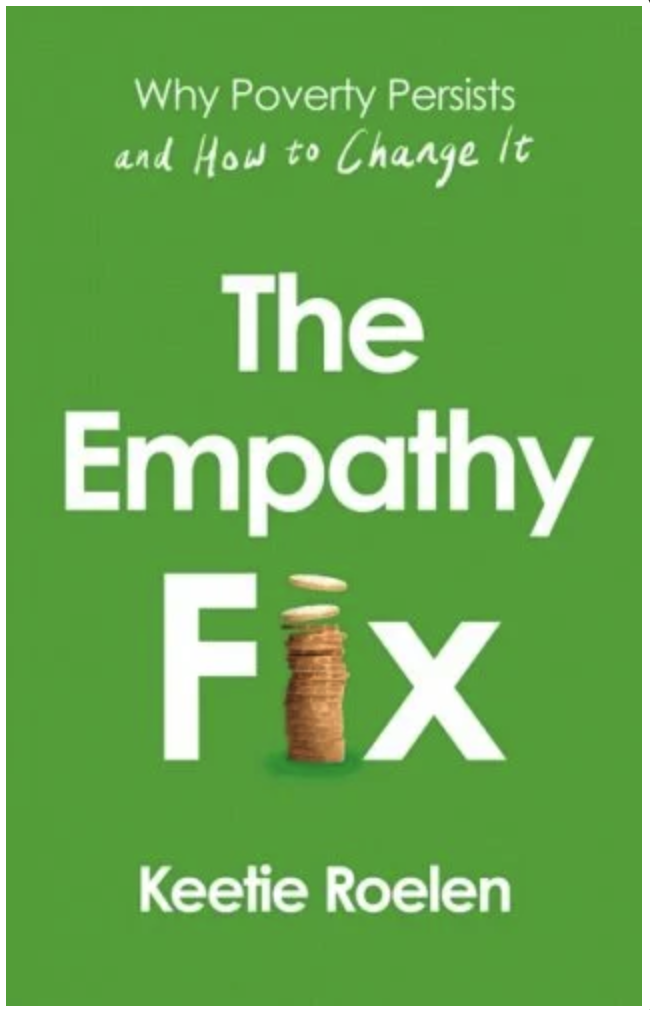Once more, Britain faces welfare cuts. This time, it’s disability benefits that are on the chopping block. Eligibility for personal independence payments (PIP) will be tightened and incapacity benefits under universal credit will be frozen. Think tanks and charities have warned that these reforms will disproportionately affect the poorest with a million standing to lose vital income support.
The proposed cuts follow more than a decade of crippling austerity that has hollowed out public services beyond recognition. They also come hot on the heels of earlier refusals to reverse damaging policies that were put in place by the previous government, most notably the two-child cap on benefits. Evidence is mounting that this cap on payments has increased child poverty, and that scrapping it would be the surest way to reduce child poverty.
- Cuts, universal credit and PIP: Everything you need to know about Labour’s benefits overhaul
- UK’s ‘cruel’ benefits system is ‘ruining lives’ and ‘violating human rights’, Amnesty report finds
- Widower of disabled woman in bitter, years-long legal battle after DWP denied him benefits
Yet, justified by the need to balance the books and grounded in an unwillingness to tax – and thereby antagonise – the rich, it’s again those at the bottom of the pecking order that are forced to tighten their belts. Hope that the Labour government would end years of devastating clawbacks in vital government support for the country’s most vulnerable has now all-but evaporated.
However, what is perhaps most striking is not that these cuts are happening, but that they take place with such little resistance. Instead of a public outcry, there’s a sense of resignation: a collective shrugging of shoulders at their deemed necessity, at the supposed lack of alternatives. Years of cutbacks and repeated messaging have normalised the idea that welfare spending is an ill-afforded luxury and that those who receive it must prove their worth.
Get the latest news and insight into how the Big Issue magazine is made by signing up for the Inside Big Issue newsletter
Contrast this with the public outrage at the lack of free school meals in the holidays during the Covid pandemic. A petition by footballer Marcus Rashford collected a quarter of a million signatures within days. Then-PM Boris Johnson took it upon himself to personally pick up the phone and inform Rashford of the government’s change of tack.






